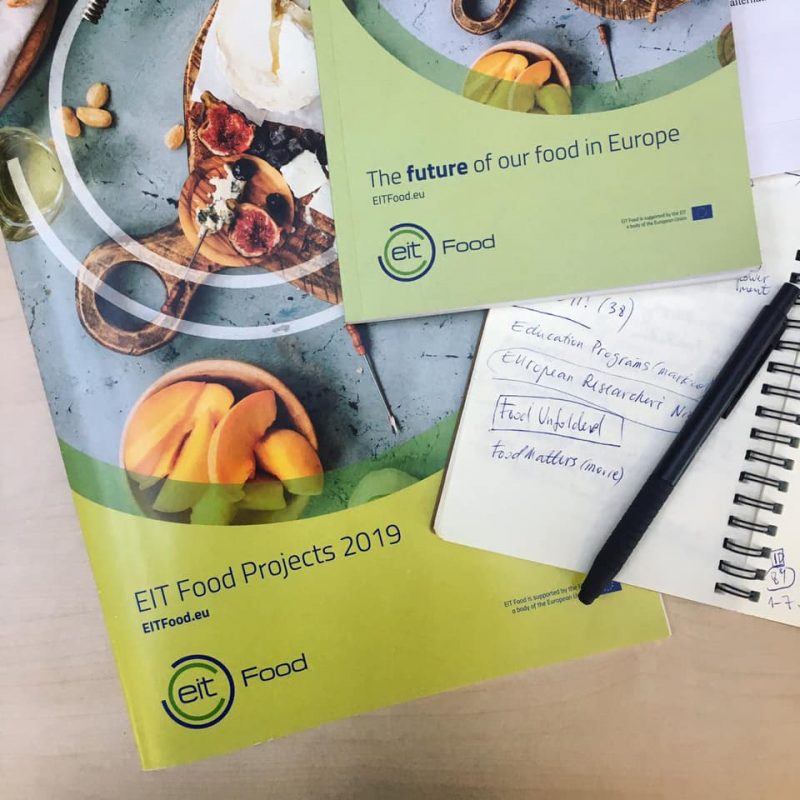
Sharing your knowledge outside the university: how to enrich yourself & society by sharing your KI wisdom?
Hola a todos & warmest greetings from Madrid! Why from Madrid though? 😮 This is exactly what I would like to write about in this blog – how your newly obtained knowledge from Karolinska Institutet can open many doors and give you many exciting opportunities to apply and share your knowledge with the society in various settings!
I will highlight 3 different experiences of just this one (!) past summer to hopefully inspire you to go & try to organise these things yourself! Let us start from Madrid?
1. EIT Food RIS Fellowship
I thought it will make the most sense to begin with this recent “Spanish experience” of mine with I am able to live now thanks to the EIT Food RIS Fellowship Programme. You have probably read some blogs about the activities and events from EIT Health Network at KI, but here comes another player of the EU Innovation & Technology arena: EIT Food is a European Knowledge and Innovation Community (KIC), which was set up to transform our food ecosystem. Sounds like an interesting community for a nutritionist (Nutrition MSc student) to get involved in, doesn’t it? 😉 EIT food offers a lot of amazing projects, like summer schools, free educational courses, fellowship programs and startup accelerators! The topics include (but are not limited to!) innovative products and technology in the food and agriculture sector, public awareness campaigns to promote healthier nutrition or reduce food waste, start-up accelerators for the next generation of foodtech entrepreneurs and much more! Have a closer look at the existing initiatives and apply for the project that interests you the most! EIT Food
2. Erasmus+ Youth Exchanges and workcamps
For the young people and students like you and I, EU has developed yet another amazing mobility program that you’ve probably heard about multiple times: Erasmus+. The Erasmus Program works to provide students with the opportunity to experience global education, and many KI students (like *maybe* you and I :D) have benefited from it. No doubt, studying and living abroad for a semester is a valuable experience from many different perspectives, but there are many of us who are not yet ready to go away from home for such long period of time. How about a shorter (summer?) project then?
Thematic youth exchanges are great for getting to know new people, countries and cultures, but also to gain (or give!) some “out-of-the-classroom” experience about your topic of interest. For example, the “Food Connexion” youth exchange I was participating in this summer was about sustainable agriculture and responsible consumption. Relevant piece knowledge for a future nutrition scientist, right? I learned a lot about the different aspects of food production in France, the country where my the Youth Exchange was taking place. Did you know that France has the highest Food Sustainability Index (FSI) in the world?? This index developed by the Economist and the Barilla Foundation that is calculated from a weighted average of the three category scores: Food Loss and Waste, Sustainable Agriculture and Nutritional Challenges. In France, throwing away food is prohibited by their national law since 2016, and they also replaced the plastic fruit- and vegetable bags with the biodegradable ones, being some of the early adopters of this eco–measure!
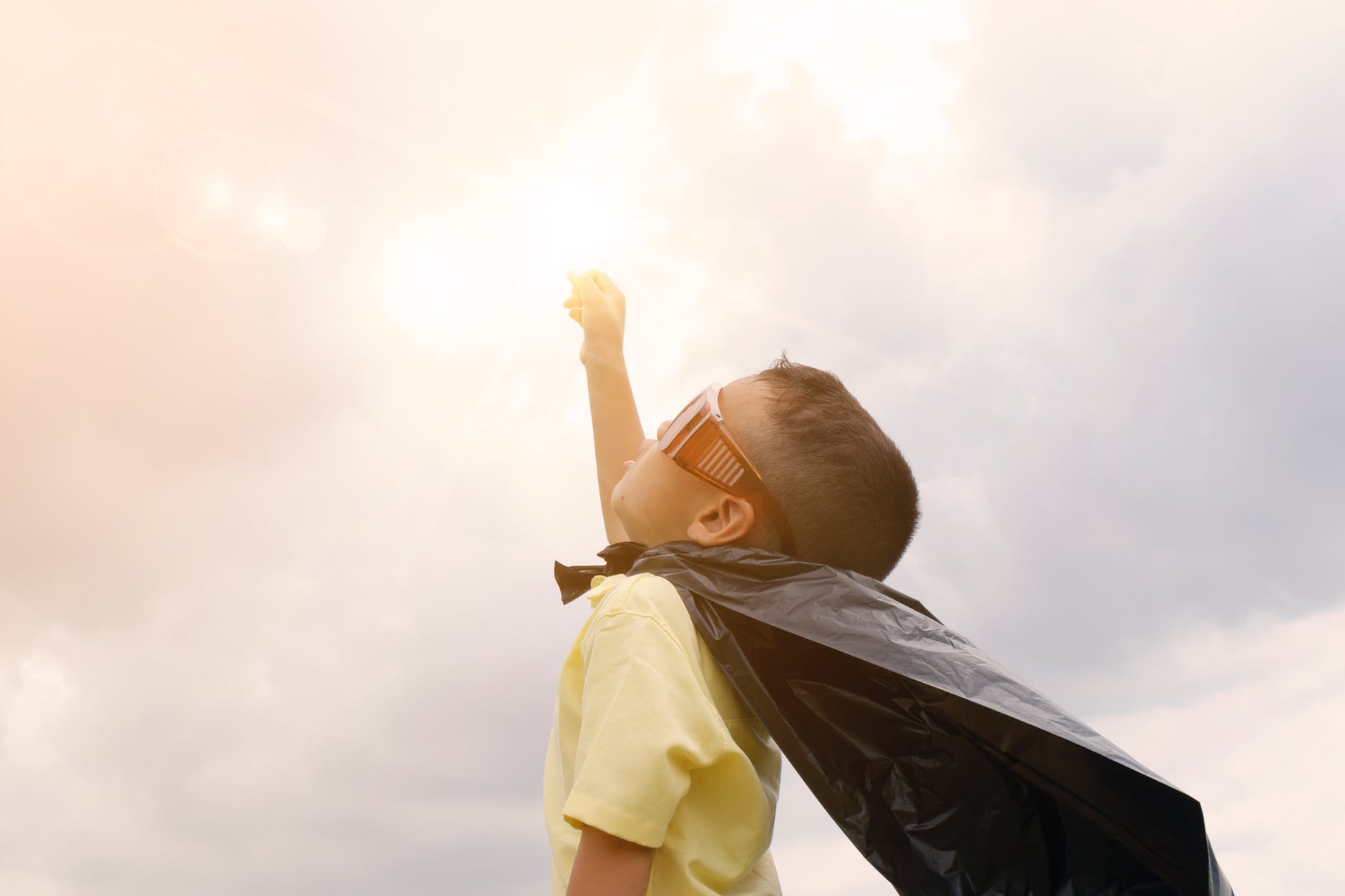
Apart from learning new stuff about nutrition and food production in France, I also got the chance to share my knowledge and expertise in the field of nutrition and food production in Sweden thanks to the Master’s Programme in Nutrition Science at KI. During the camp, I gave several lectures and workshops about healthy nutrition, sustainability aspects of food production and what defines a responsible consumer. It was both challenging and rewarding at the same time: being in the “teacher’s” role while still completing my MSc 😀 However, the other participants – young people and students from France, Spain and Estonia liked and appreciated it, so it turned out to be a “win-win” situation for everybody! We also visited the oldest eco-museum in France, got the groceries from the local market of producers (it’s a thing in France!) and carried out a sustainable “Master Chef” competitions using only … leftovers! All in all, I see youth exchanges and workcamps like this a great way to both learn new things outside of your curriculum & share your knowledge with the others while having lots of fun!
3. Regional Contests & competitions
Lastly, one more possibility you can try to apply your knowledge and newly obtained expertise to are national and regional contests and competitions. This August my classmate Veli-Matti and I participated in the Baltic Sea Young Planner’s Contest in Poland, where we jointly applied to back in January where we were able to develop interesting ideas expressing our vision of the Baltic Sea Region (BSR) in 2050 using the spatial (territorial) planning tools. The week was pretty intense, but both mine and Vellu’s teams (compose of students and young professionals with different backgrounds from all the countries of the Baltic Sea region) made it into Top’3 and his – even won the first place!
You can see our proposals here (mine – “The Baltic Beans”, his – “The Boltic Fleet”): https://vasab.org/results-of-the-first-bsr-young-planners-contest/
| During the first BSR Young Planners` Contest 8 visions to liveable BSR were created | VASAB During the last heatwave of the summer 2019 34 dedicated students from all over the BSR and beyond met up in Poznan, Poland to participate in the Baltic Sea Region young Planners` Contest “Liveable Places and spaces of Tomorrow”. vasab.org |
We developed a vision of our transformed food system of the BSR, in which conventional farming, especially meat and dairy production would be replaced with organic farming, more support would be provided to plant-based proteins. Accompanied by an educational network of Edu Farms to change consumers’ mindset, this reform would support reducing eutrophication in the Baltic Sea and act as a regional response to climate change. Vellu’s team came up with a proposal of a mobile fleet that would deliver basic services such as medicine or groceries to the rural and sparsely populated areas. It was truly a great experience, where I personally learned a lot about the current policies in the food sector (like CAP) and spatial/territorial planning. We were both also very happy to represent KI and to share our knowledge and expertise from the programme with other participants:)
To conclude, I would like to remind every reader of this blog once again:
Where there’s a will there’s a way.
If you would like to receive new information or share your newly obtained knowledge with the rest of the world – the possibilities are endless! In this blog, I only spoke about physical (“real-life”) opportunities, but we also should remember such online resources as Youtube online lectures (or your self-recorded videos! 😉 ) or many free courses on the platforms such as FutureLearn or Coursera.
Whatever option you choose – “sharing is caring”, and sharing your academic/scientific knowledge with your peers or people from different backgrounds is an enriching experience for both sides??✌️ So… just do it!?

Questions? Email me at dasa.svaikovskaja@stud.ki.se

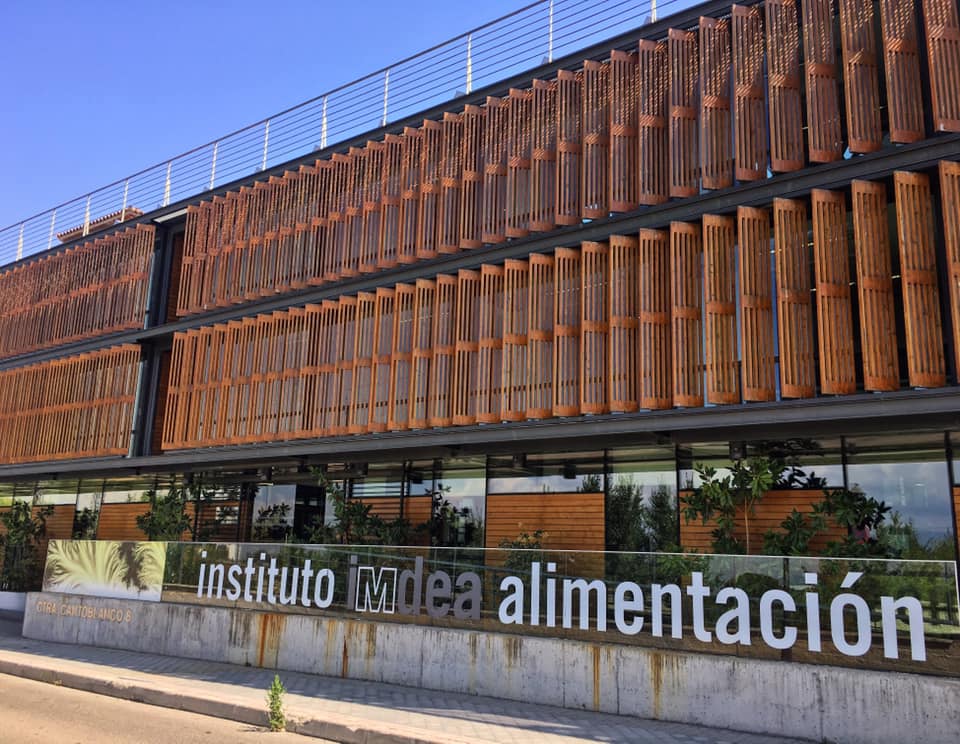
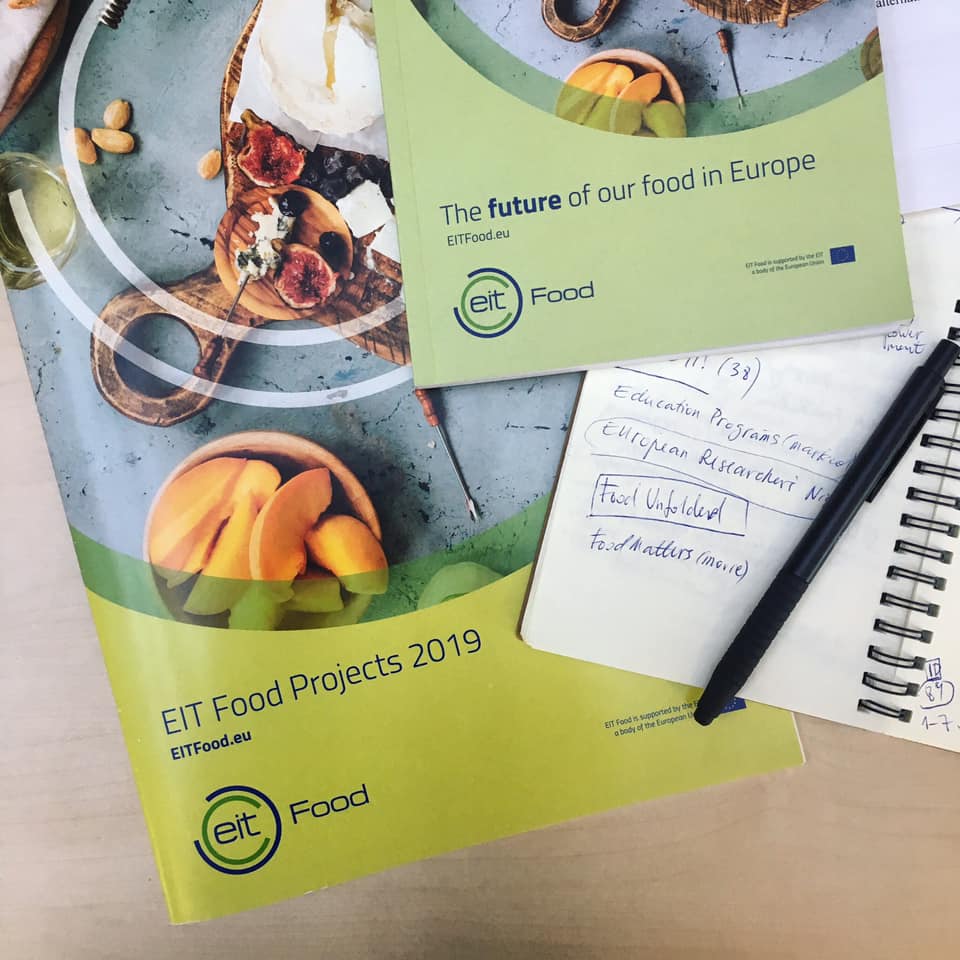
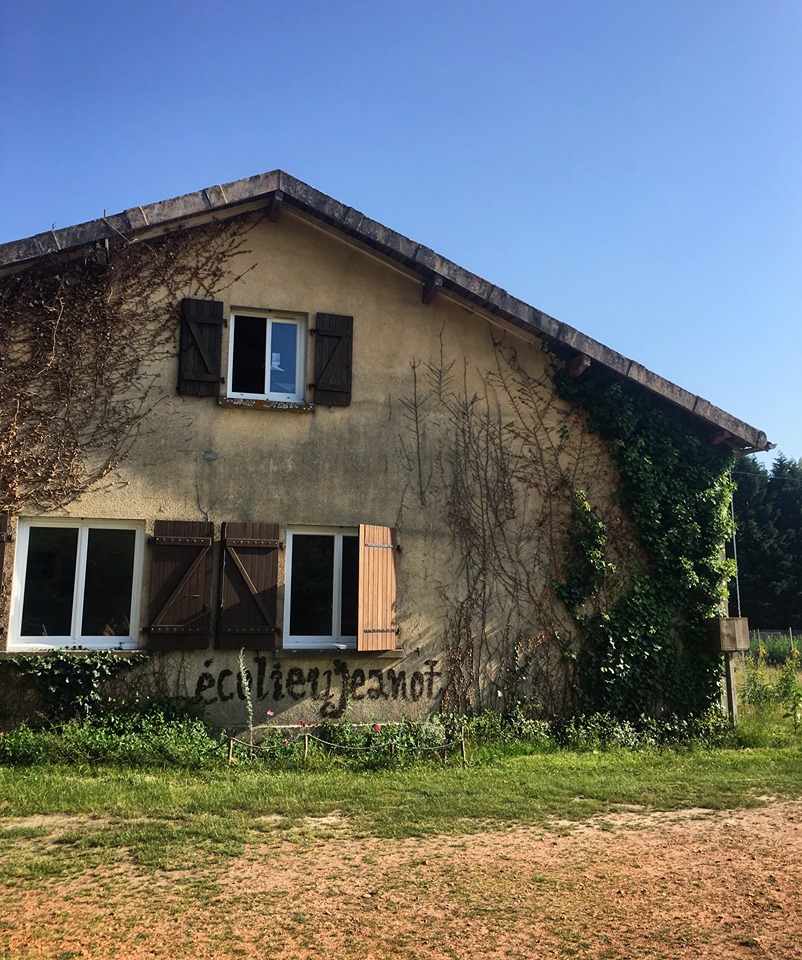
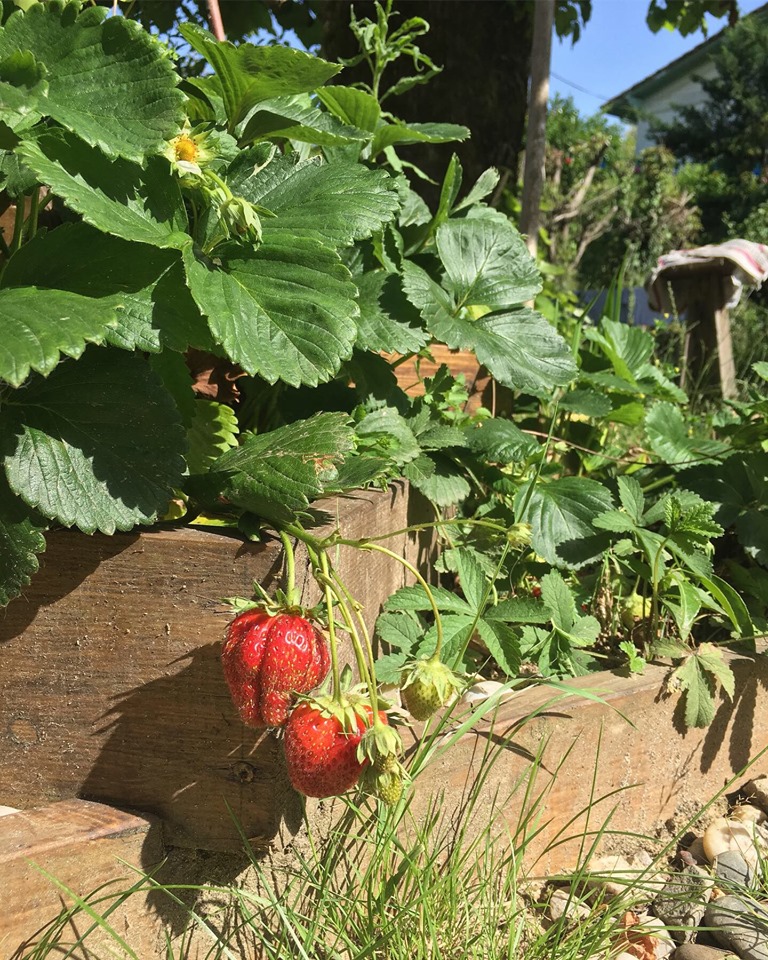
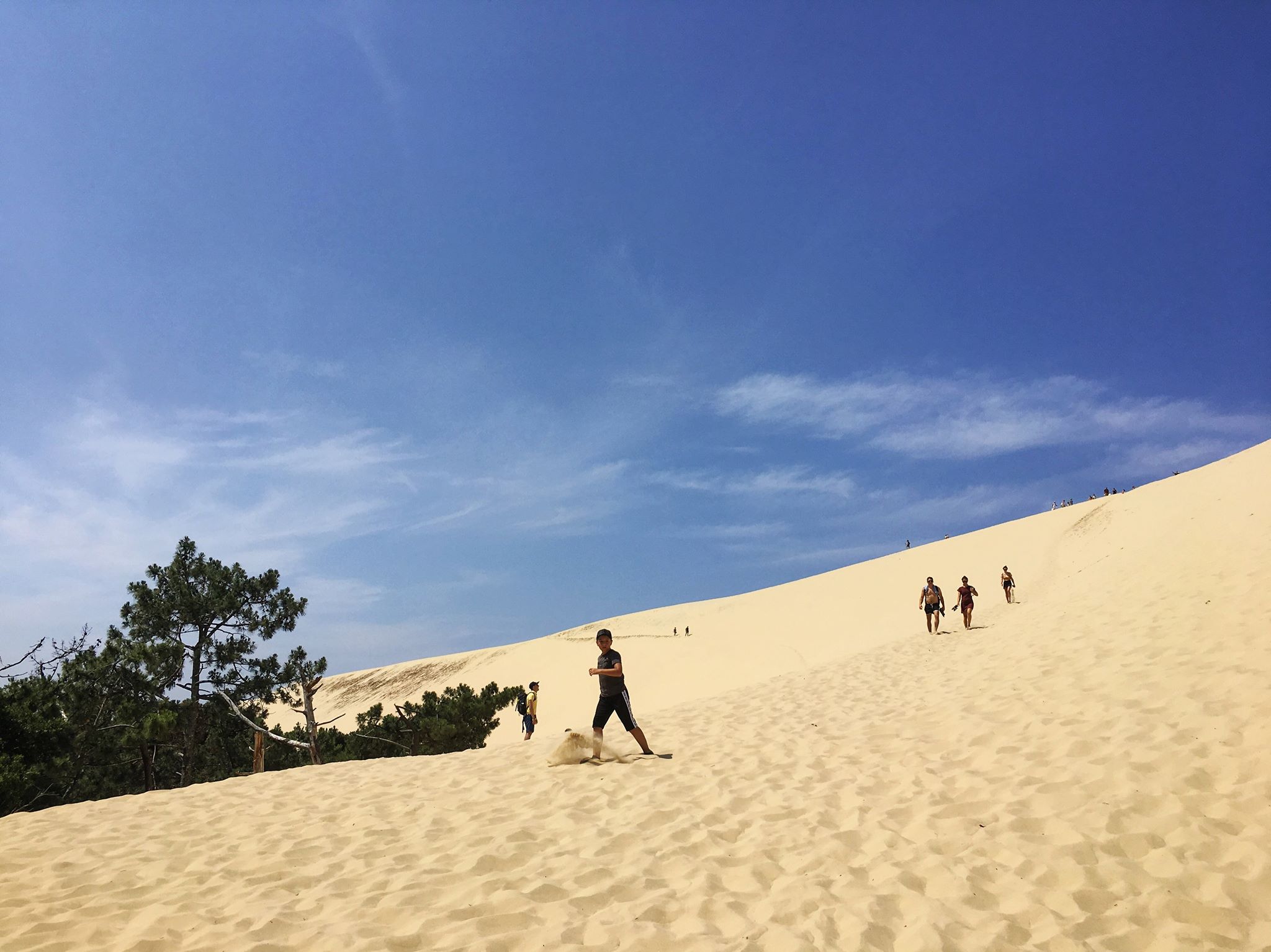
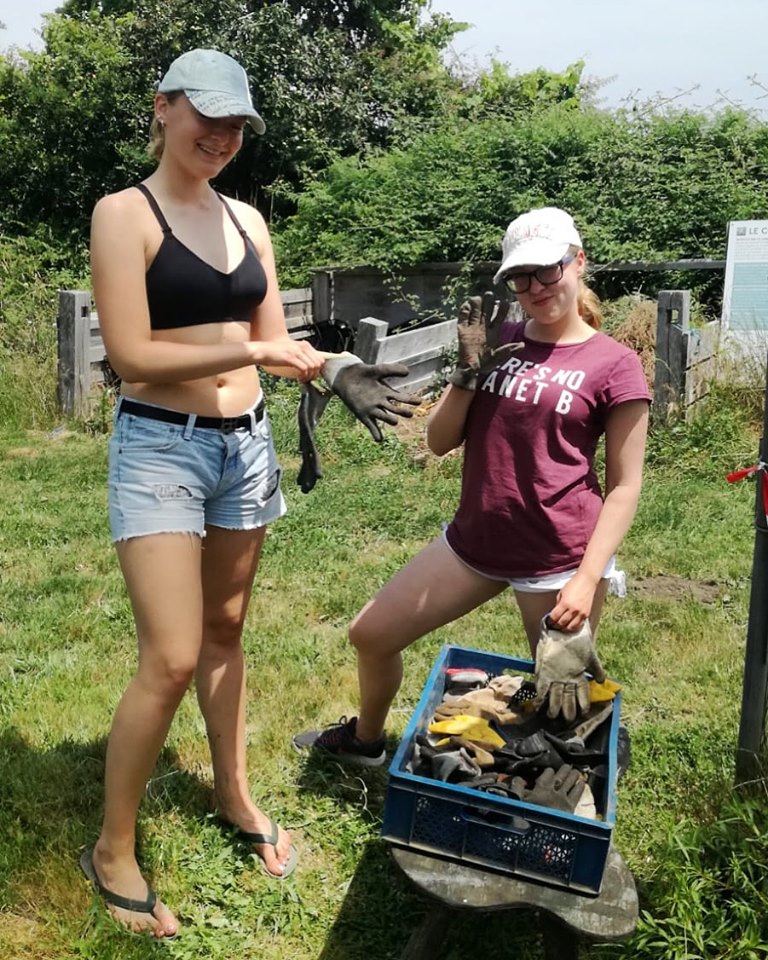
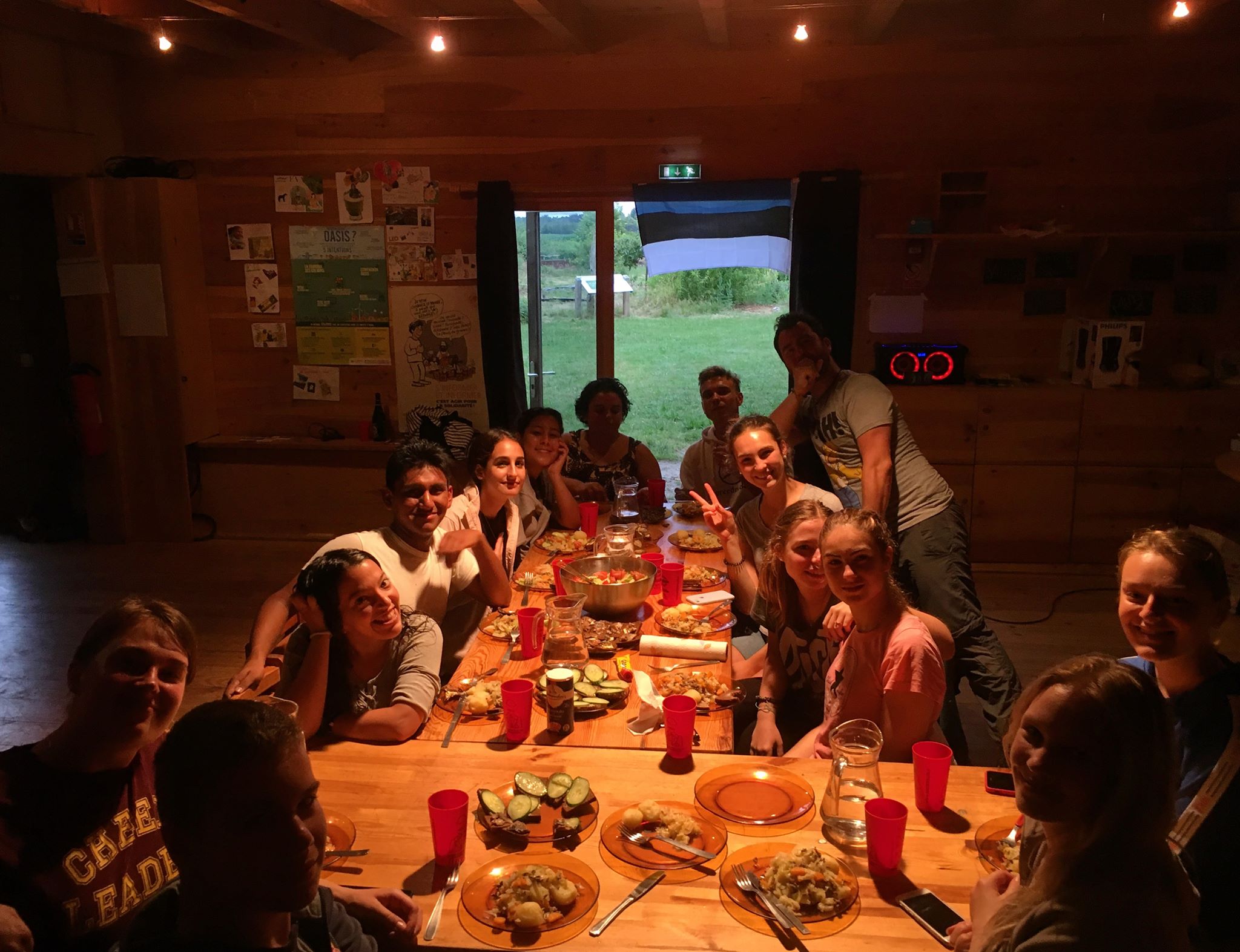
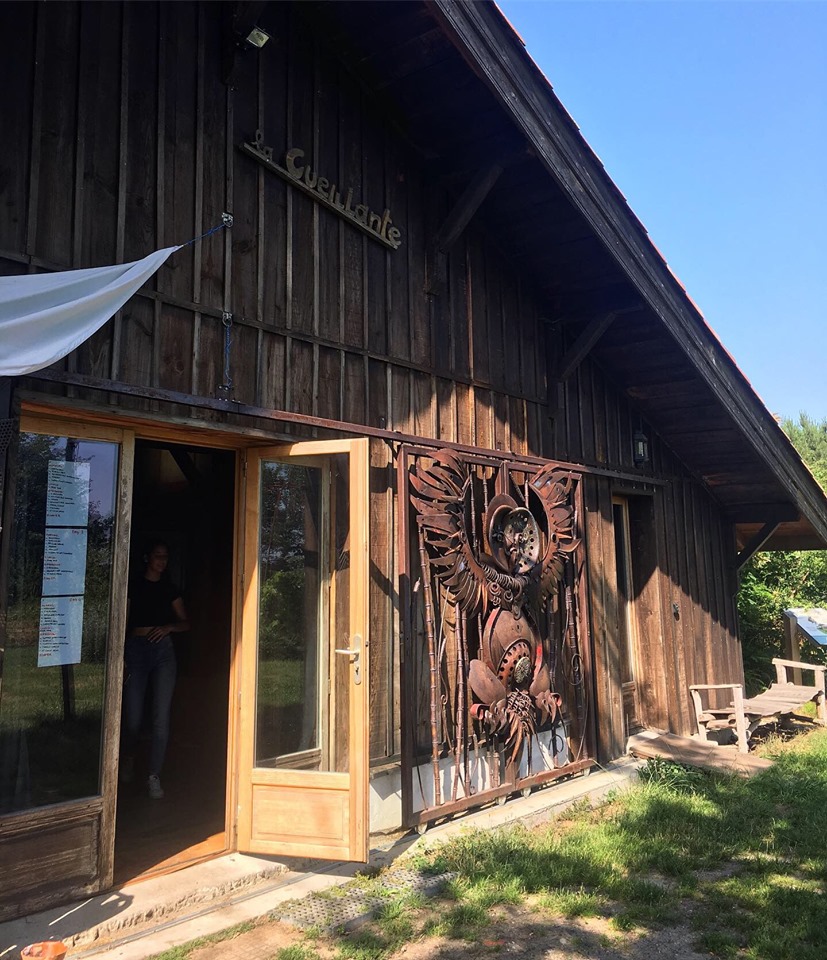
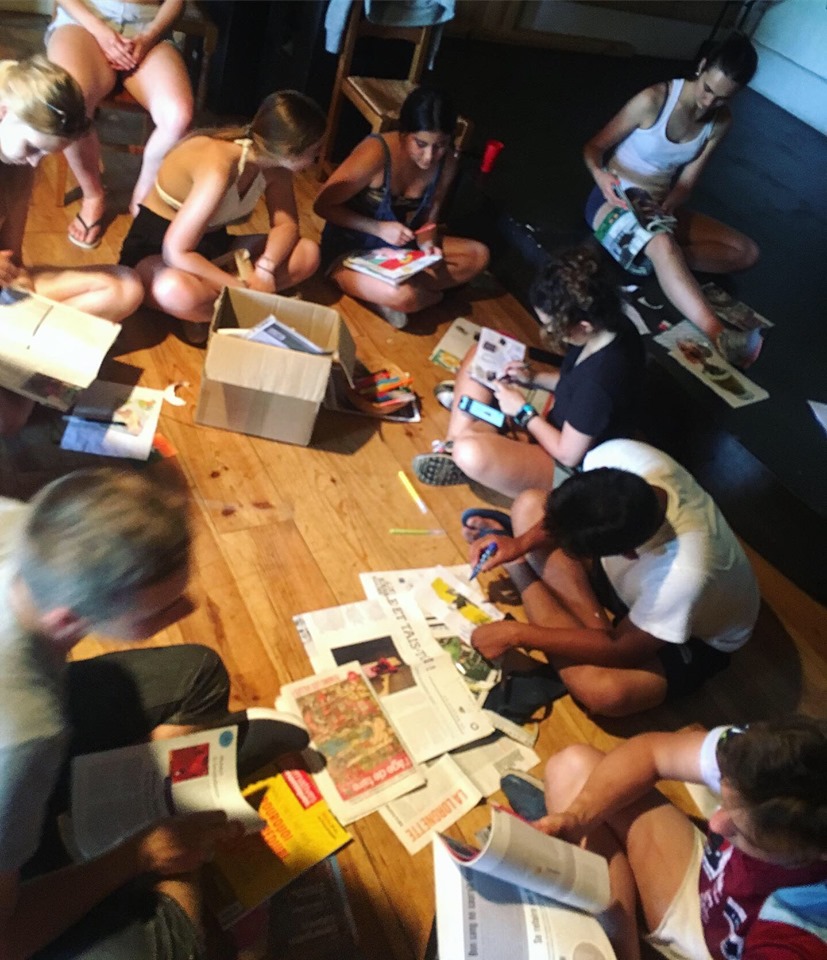
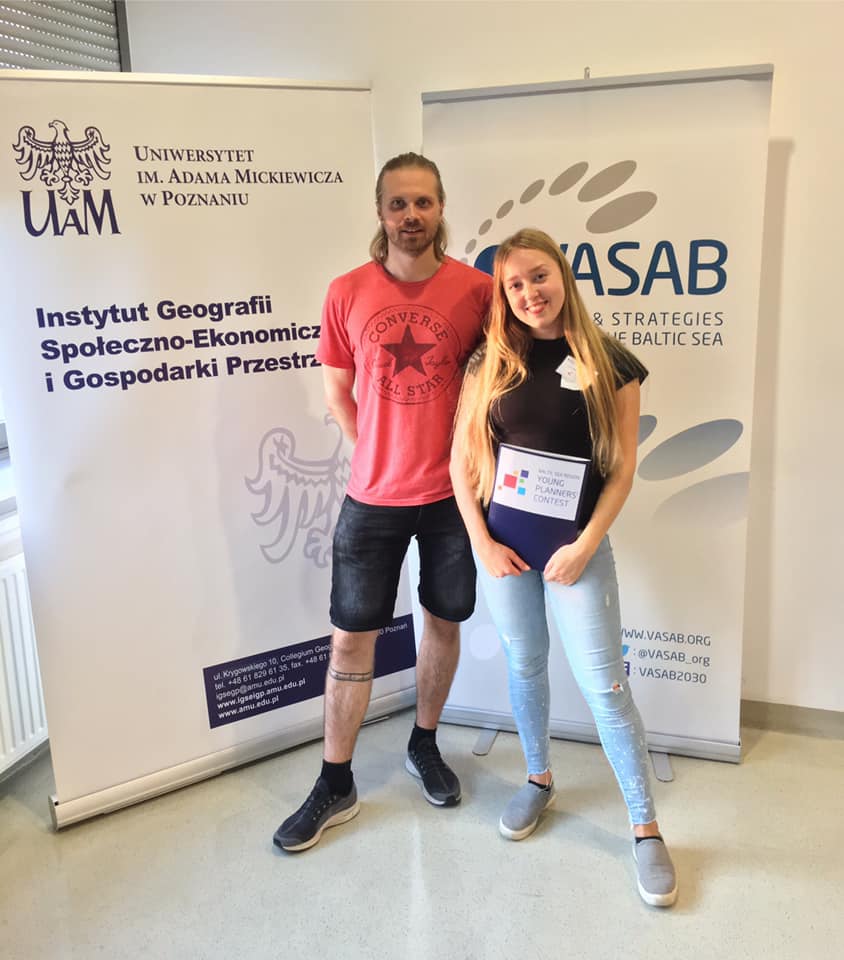
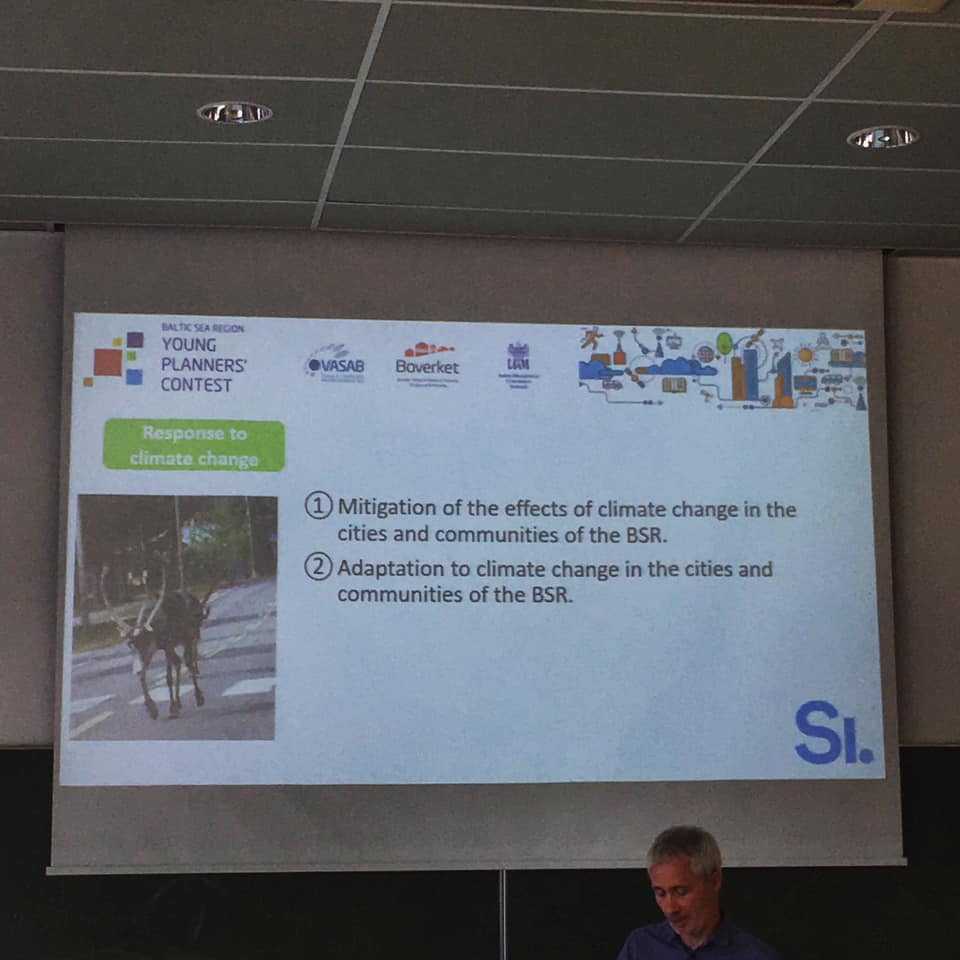
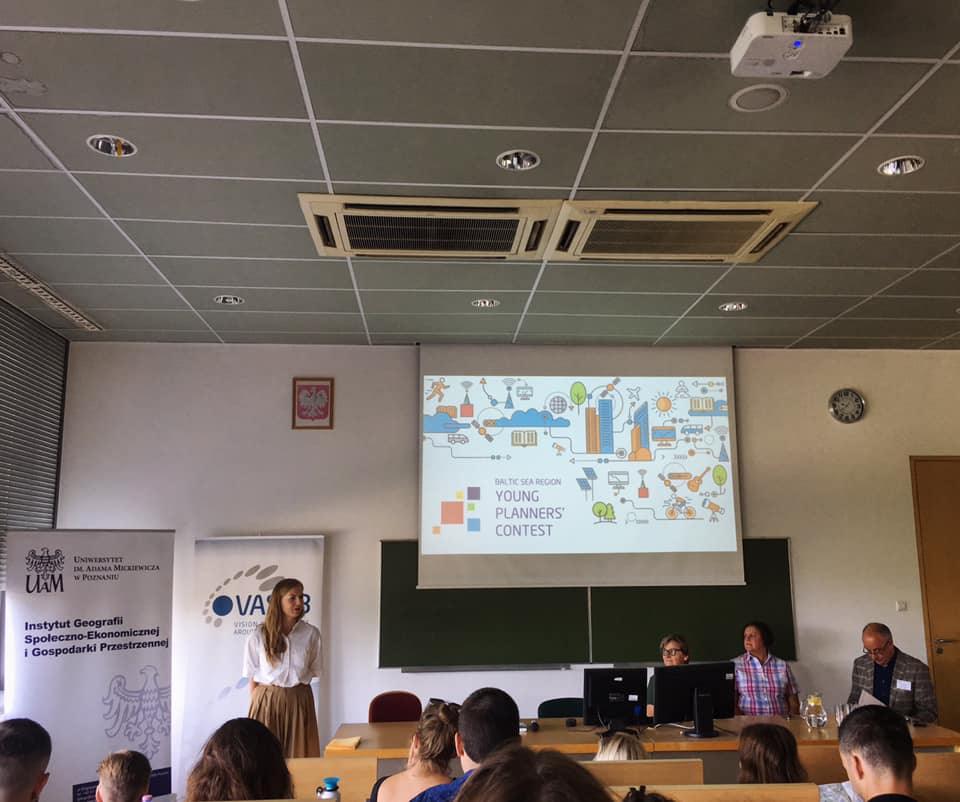
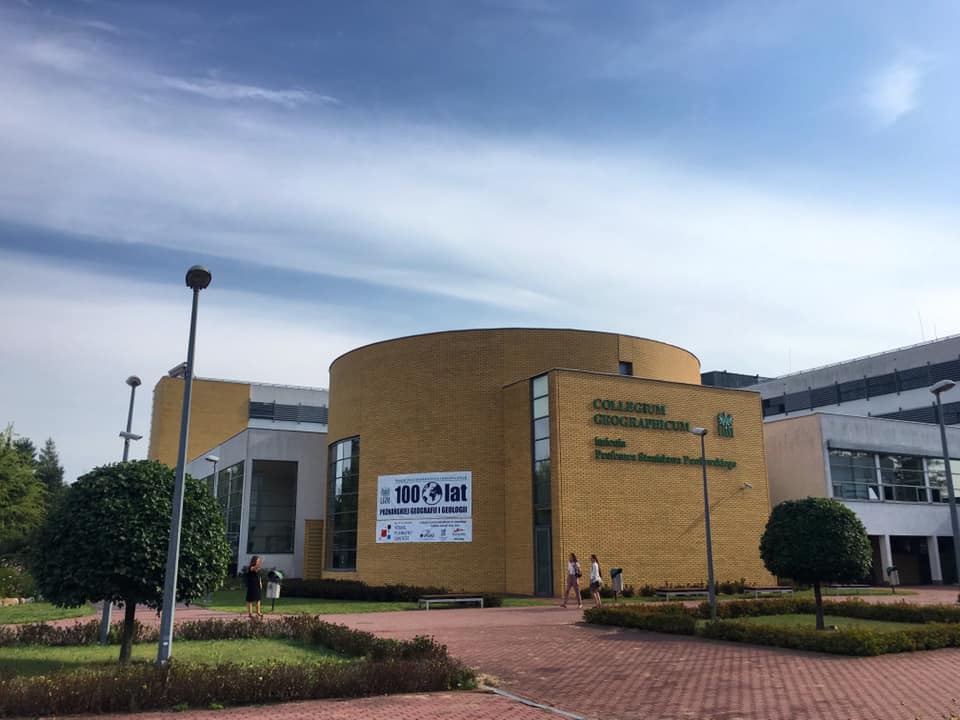
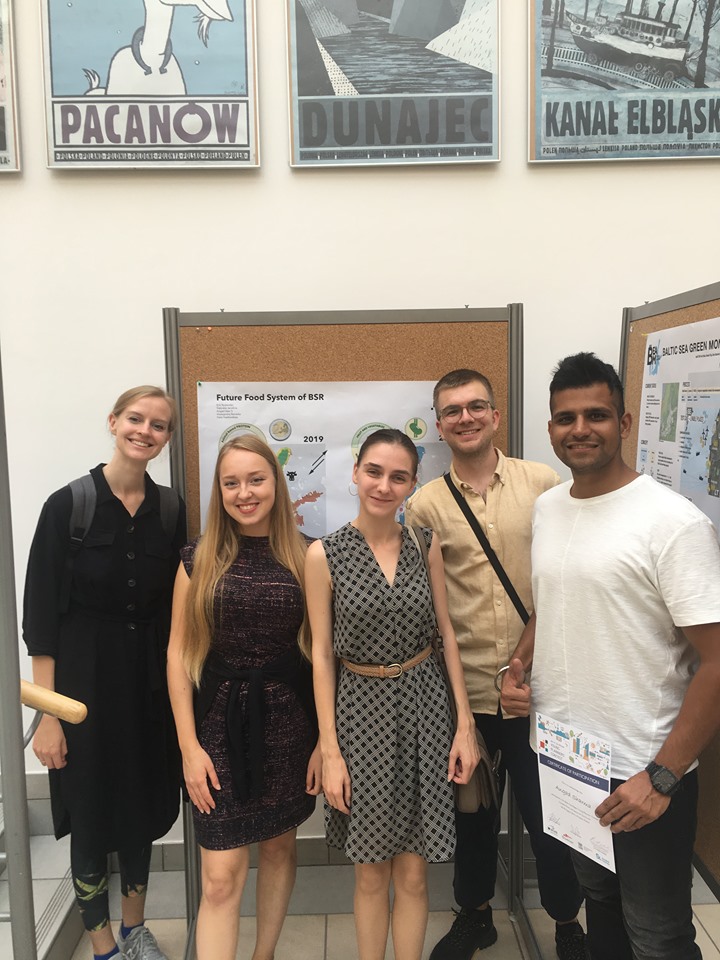
0 comments